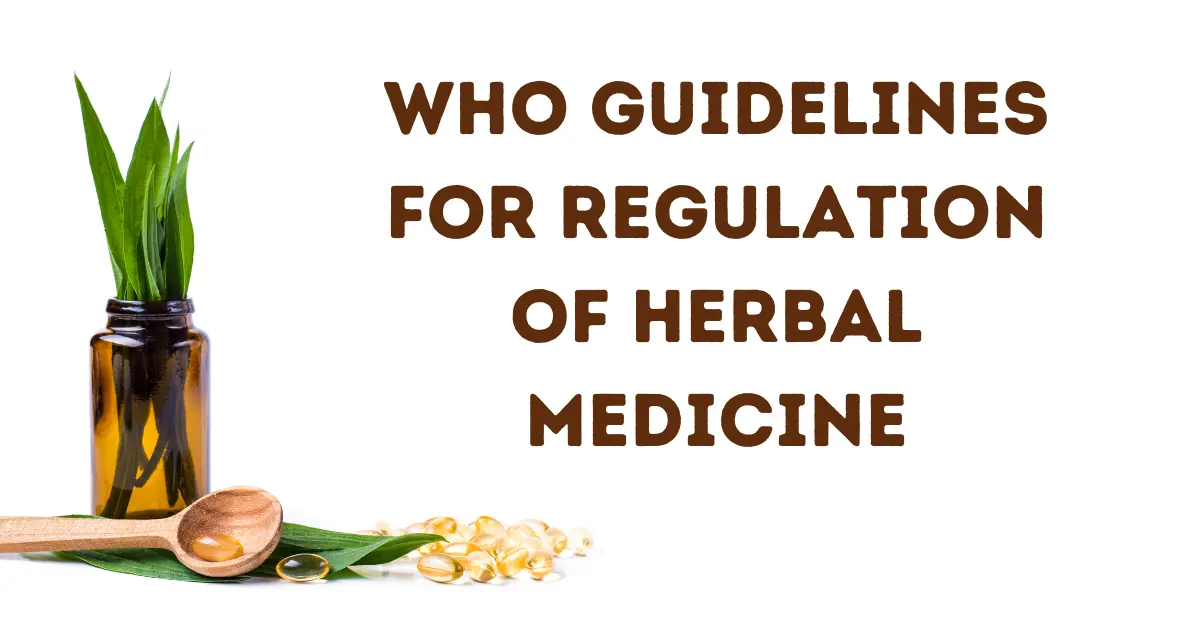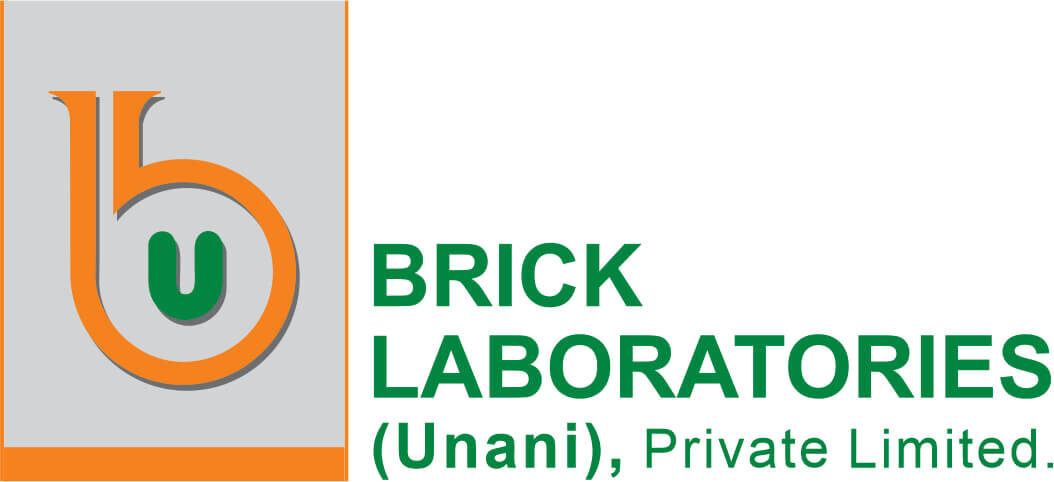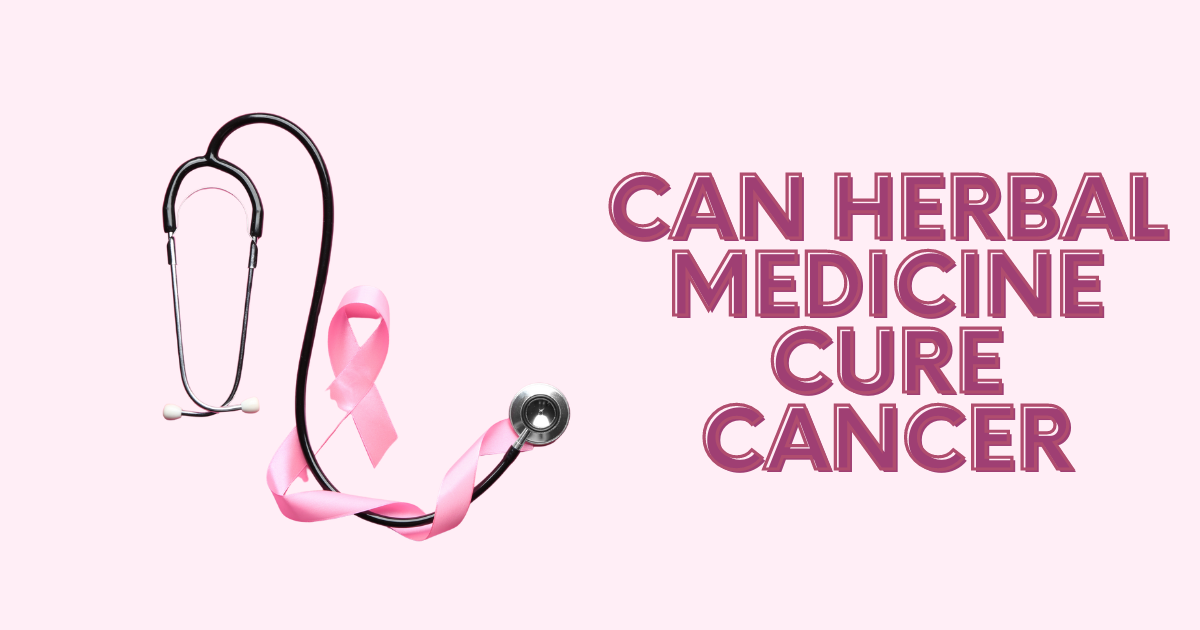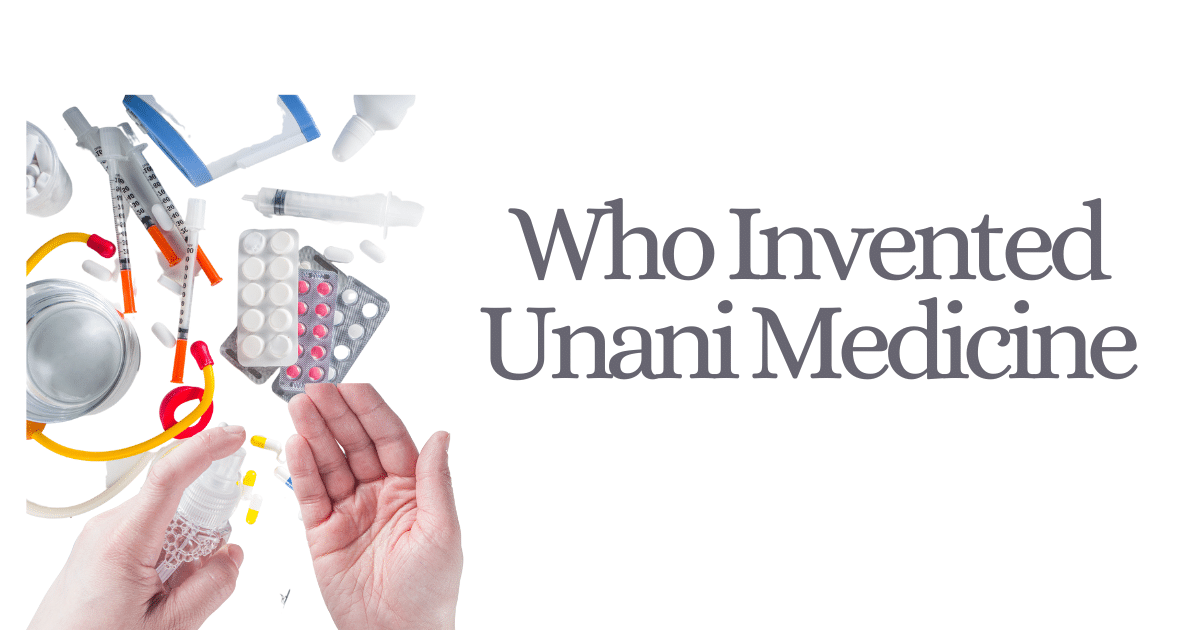Who Guidelines For Regulation Of Herbal Medicine

Herbal medicine, made from plants and other natural ingredients, has long been used to treat human illnesses. The World Health Organization (WHO) has developed extensive recommendations for the regulation of herbal medicines because it understands how important it is to guarantee the safety, quality, and efficacy of herbal therapies. This blog article will examine these WHO recommendations and throw light on their significance and effects on the global herbal medicine market.
Quality Assurance
WHO stresses the importance of strict quality control requirements for herbal medications. Specifying raw supplies, production procedures, and completed goods are all included in this. Herbal treatments are guaranteed to satisfy the necessary safety and efficacy criteria through quality control procedures.
Safety Evaluation
Safety evaluations of herbal medications are required to identify potential hazards and adverse effects. To protect the well-being of consumers, WHO recommendations advise toxicity research and the assessment of negative consequences.
Clinical Trials and Efficacy
The WHO recommends performing clinical trials and research studies to demonstrate the efficacy of herbal medicines. These studies support the therapeutic advantages and medicinal qualities of herbal treatments.
GMPs, or Good Manufacturing Practices
The manufacture of herbal medicines must follow Good Manufacturing Practices (GMP), according to WHO recommendations. GMP ensures that production procedures are reliable, controlled, and up to par.
Regulatory Environment
WHO advises creating legal frameworks for the licensing, marketing, and registration of herbal medicines. These rules aid in regulating and monitoring the effectiveness, safety, and caliber of herbal goods.
Packaging and Labeling
Labeling must be precise and clear. According to WHO recommendations, labeling for herbal medications must include details on the ingredients, dosage, and any adverse effects. This enables customers to make wise decisions.
Training and Education
It is crucial to support education and training in herbal medicine. To guarantee safe and efficient use, WHO promotes training for medical professionals and traditional healers.
Conclusion
The WHO regulations for the regulation of herbal medicine greatly aid the promotion of responsible use of traditional and herbal treatments globally. These regulations make sure that herbal remedies are held to the same high standards of quality, safety, and effectiveness as prescription medications. This promotes consumer confidence in herbal medicine as a complementary and alternative healthcare option, in addition to protecting customers from potential risks and uncertainties.
Adherence to WHO recommendations can be used as a baseline for achieving international standards in nations that are contemplating or have already established legislation for herbal medicine. To maximize the effectiveness of these natural medicines while preserving public health, regulation, and quality control must be given top priority as interest in herbal medicine grows.




